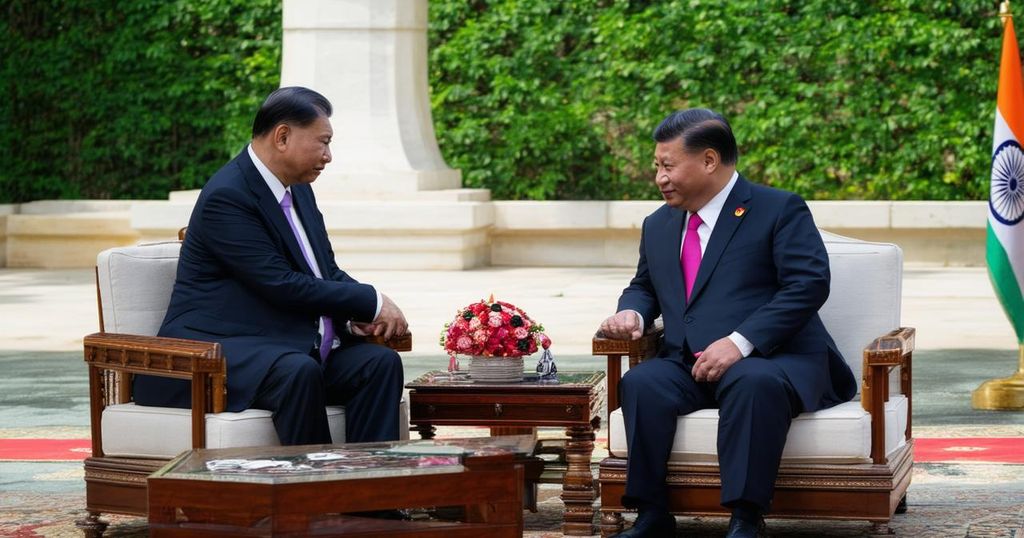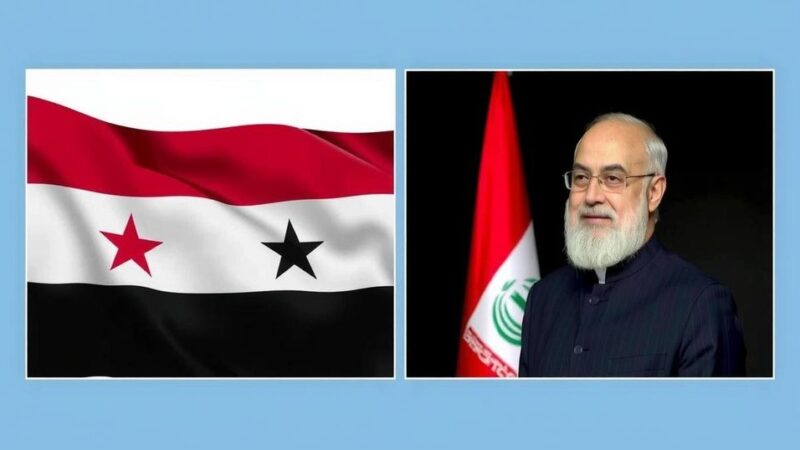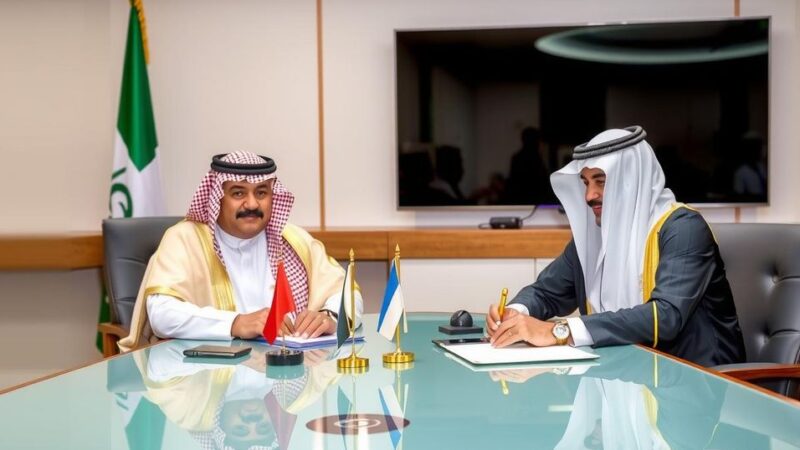Prime Minister Narendra Modi of India and President Xi Jinping of China met at the Brics summit, marking their first formal talks since 2019. This meeting follows an agreement on military disengagement after years of deteriorating relations due to border disputes and recent clashes. Both leaders pledged to restore dialogue and work towards resolving issues, emphasizing the importance of mutual trust and stability along the border. The meeting signals a potential thaw in ties between the two nations, vital for regional peace and cooperation.
In a significant development for India-China relations, Indian Prime Minister Narendra Modi and Chinese President Xi Jinping held formal discussions on the sidelines of the Brics summit in Russia. This meeting occurred four years after a deadly confrontation between military personnel from both nations in the Galwan Valley, which resulted in numerous casualties. Following their recent agreement on disengagement at the heavily disputed Himalayan border, both leaders expressed a commitment to revive diplomatic dialogue and work towards resolving outstanding issues. The leaders agreed to expedite a meeting among top officials to address remaining matters and emphasized their intent to restore prior protocols for border management. The engagement between India and China has been characterized by historical tensions, particularly due to a poorly defined, lengthy border of approximately 3,440 kilometers, which has been a source of conflict for decades, dating back to their war in 1962. The complexities surrounding this territorial dispute have led to significant military confrontations over the years, highlighting the volatility of their bilateral relations. In recent years, India’s decision to revoke the special status of Jammu and Kashmir in August 2019 and subsequent clashes at the border have further strained relations. As the two nations have navigated deteriorating ties, accusations and defensive measures have hindered comprehensive dialogue, impacting trade and instructing a review of Chinese investments in India. Notably, several Chinese mobile applications have faced bans, and direct flights to China were suspended. Nevertheless, there have been incremental steps toward diplomatic engagement following revelations of progress in military disengagement efforts from both sides. The Brics summit, which included the participation of leaders from 36 other nations, provided a platform for potential rapprochement, assisting in dialogue on essential issues such as shared economic interests. Moving forward, Modi and Xi have resolved to have their respective special representatives engage in talks to ensure a fair resolution to the boundary question. Prime Minister Modi underscored the necessity to maintain peace and stability along the border as a fundamental priority, acknowledging that mutual trust and respect would be essential in this process. A documented effort to stabilize and rebuild bilateral relations post-meeting indicates a fragile yet pivotal moment in India-China diplomacy, as both nations strive to enhance cooperation in an increasingly multi-polar world. Previous informal discussions and meetings have laid the groundwork for this encounter, strengthening expectations for a significant reset in India-China relations, particularly in the face of broader geopolitical concerns. The outcome remains contingent on the effectiveness of ongoing dialogues and willingness from both parties to navigate their complex historical relationship with strategic foresight.
The context of this article is rooted in the long-standing territorial and diplomatic conflicts between India and China. Over the years, the border disputes, particularly concerning the Himalayan region, have been fraught with skirmishes and military confrontations, including the prominent Galwan Valley conflict in 2020. India’s revocation of autonomy for Kashmir represented a significant escalation in regional tensions, further complicating relations. The Brics summit served as an opportunity for Modi and Xi to address these issues head-on after a prolonged period of cold diplomatic relations, underscoring the necessity for both nations to find common ground amidst their historical disputes.
In conclusion, the meeting between Prime Minister Modi and President Xi signifies a potential turning point for India-China relations, highlighting a mutual willingness to engage in dialogue and resolve outstanding border issues. The historical tensions, shaped by geographic disputes and recent military confrontations, necessitate a cautious yet constructive approach as both leaders strive to foster an environment of trust and cooperation. The success of these discussions could lay the groundwork for enhanced bilateral relations and stability in a region marked by complexity and contention.
Original Source: www.bbc.com







